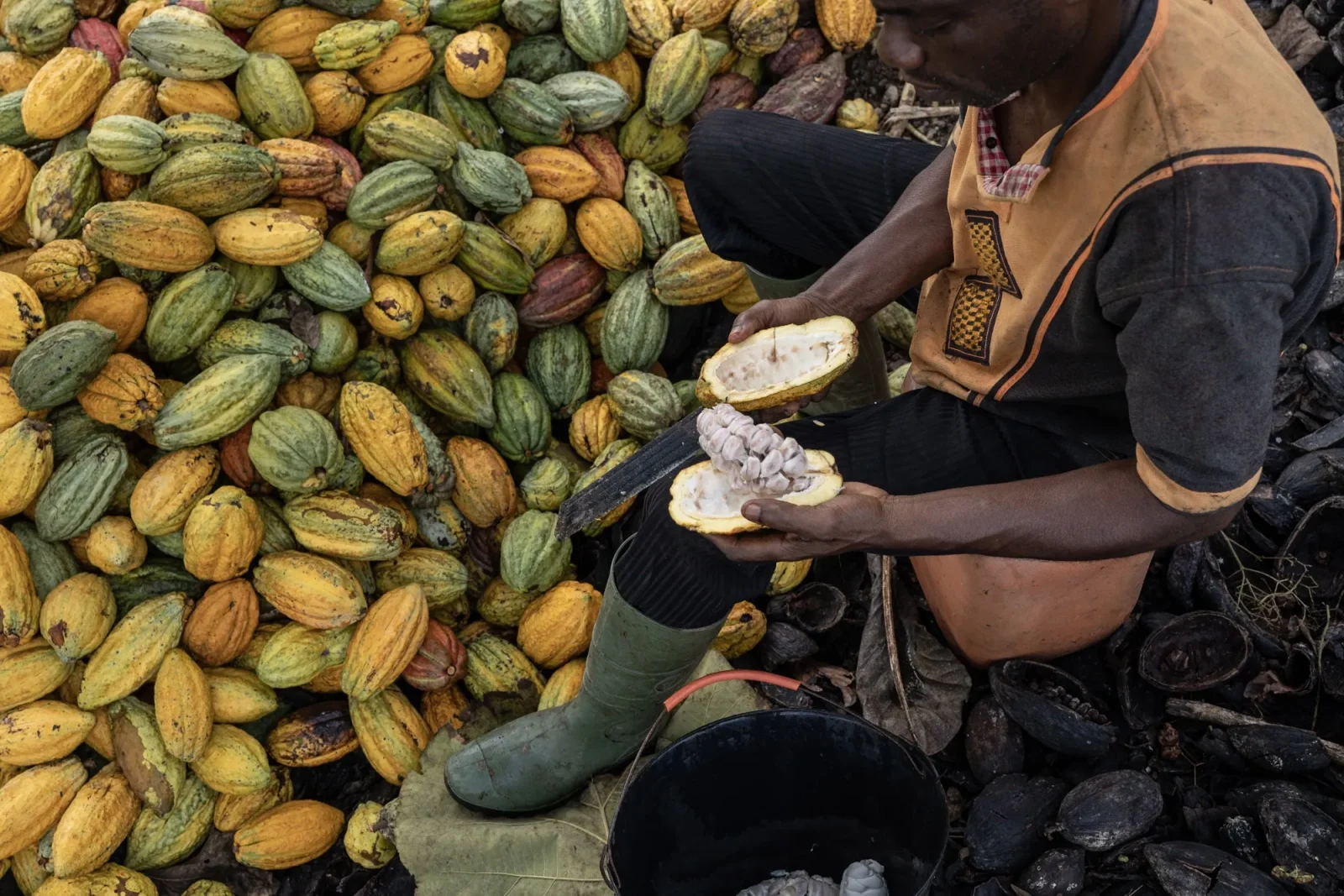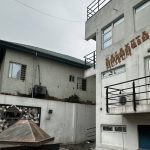
Côte d’Ivoire Cocoa Shipments Face Mass Rejections Over Poor Quality

Côte d’Ivoire shippers are rejecting a large percentage of cocoa beans arriving at ports for quality concerns, stirring concern over continuity of supplies in the world’s leading cocoa producer. Industry sources put the estimate that as much as 65 percent of the trucks, each carrying 30 to 60 metric tons of cocoa, are rejected by defects such as mold, excessive waste, tiny beans, low fat, and excessive acidity. These defects make the beans unusable to process.
In the meantime, Côte d’Ivoire state-guaranteed farmgate price was raised on October 1 to a record level of 2,800 CFA francs a kilogram. Exporters say the increase has discouraged exporters from giving credit to cocoa buyers.
Exporters indicate that truckload costs are now between 98 million and 112 million CFA francs, further constraining liquidity. Several firms have cut production to protect cash flows and improve quality controls.
A stock of about 50,000 tons of cocoa was kept in wait of the price hike, but a lot of that stock is being turned down by grinder companies due to low quality.
In the earlier part of the year, global grinder Cargill cut processing in Côte d’Ivoire because of low quality of beans and high content of waste in the crop.
This has already expressed itself in declining volumes of cocoa grinding: in July 2025, grinding declined 31.2 percent year-on-year, primarily on account of poor beans.
The combination of high prices and poor quality is coming under pressure across the sector—from farmers via cooperatives to export houses. Some operators are reported to be considering strategies such as mixing-in old stock with fresh beans or cutting prices to sell-through.
Currently, Côte d’Ivoire’s cocoa sector maintains a delicate balancing act: maintaining farmers’ incentive with high prices, yet maintaining quality to keep the international processing industry afloat. Losing focus on both could compromise the country’s grip on the global cocoa market.
Read More:
- Five Yeas After EndSARS, Nigerians Urged To Light Candles In Memory Of Fallen Protesters
- Nigeria: FG Terminates CCECC’s Port Harcout-Aba Road Contract After Gov Otti’s Warning On 2027 Election Manipulation
About The Author
Related Articles
Asake Sets New Billboard Afrobeats Record as Chart Presence Grows
Asake has further cemented his place as one of Afrobeats’ most dominant...
ByWest Africa WeeklyJanuary 29, 2026Nigerians Lament PayPal’s Return as Old Wounds Resurface
PayPal’s reentry into Nigeria through a partnership with local fintech company Paga...
ByWest Africa WeeklyJanuary 29, 2026Tanzania Eyes Gold Sales as Aid Declines and Infrastructure Needs Grow
Tanzania is weighing plans to sell part of its gold reserves to...
ByWest Africa WeeklyJanuary 29, 2026Mali Tightens Grip on Explosives Supply With New Majority Stake
The Malian government has taken majority ownership of a civil explosives manufacturing...
ByWest Africa WeeklyJanuary 29, 2026












Leave a comment